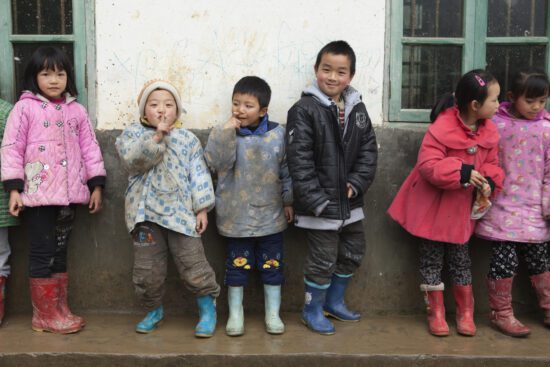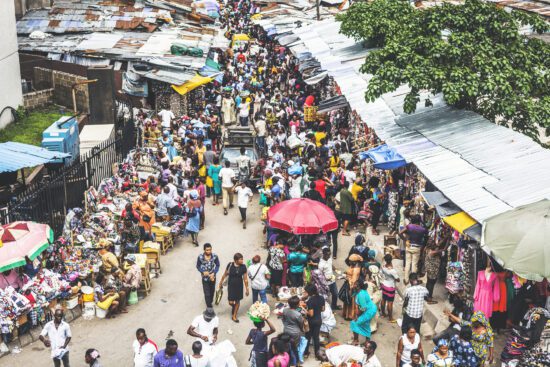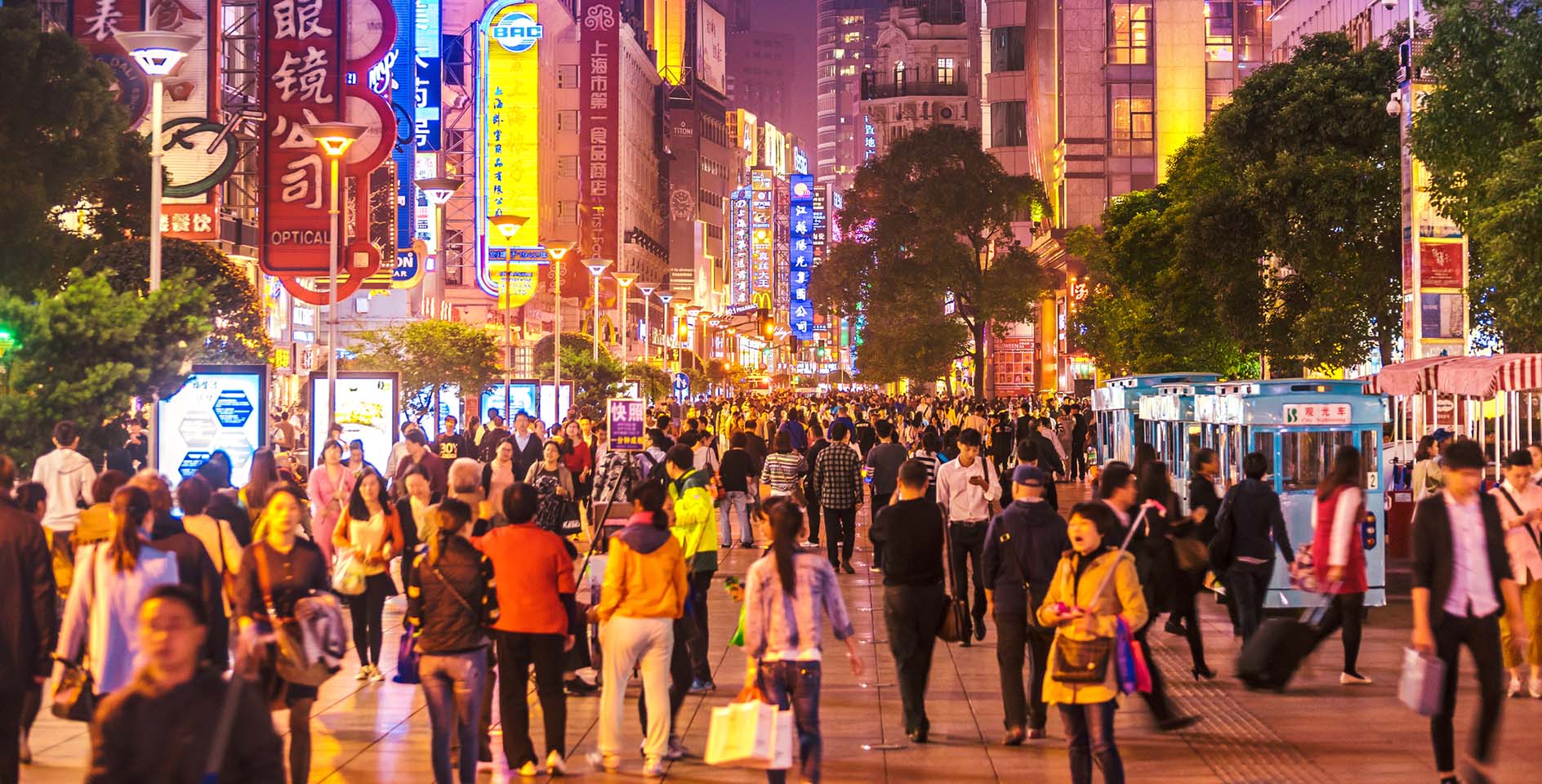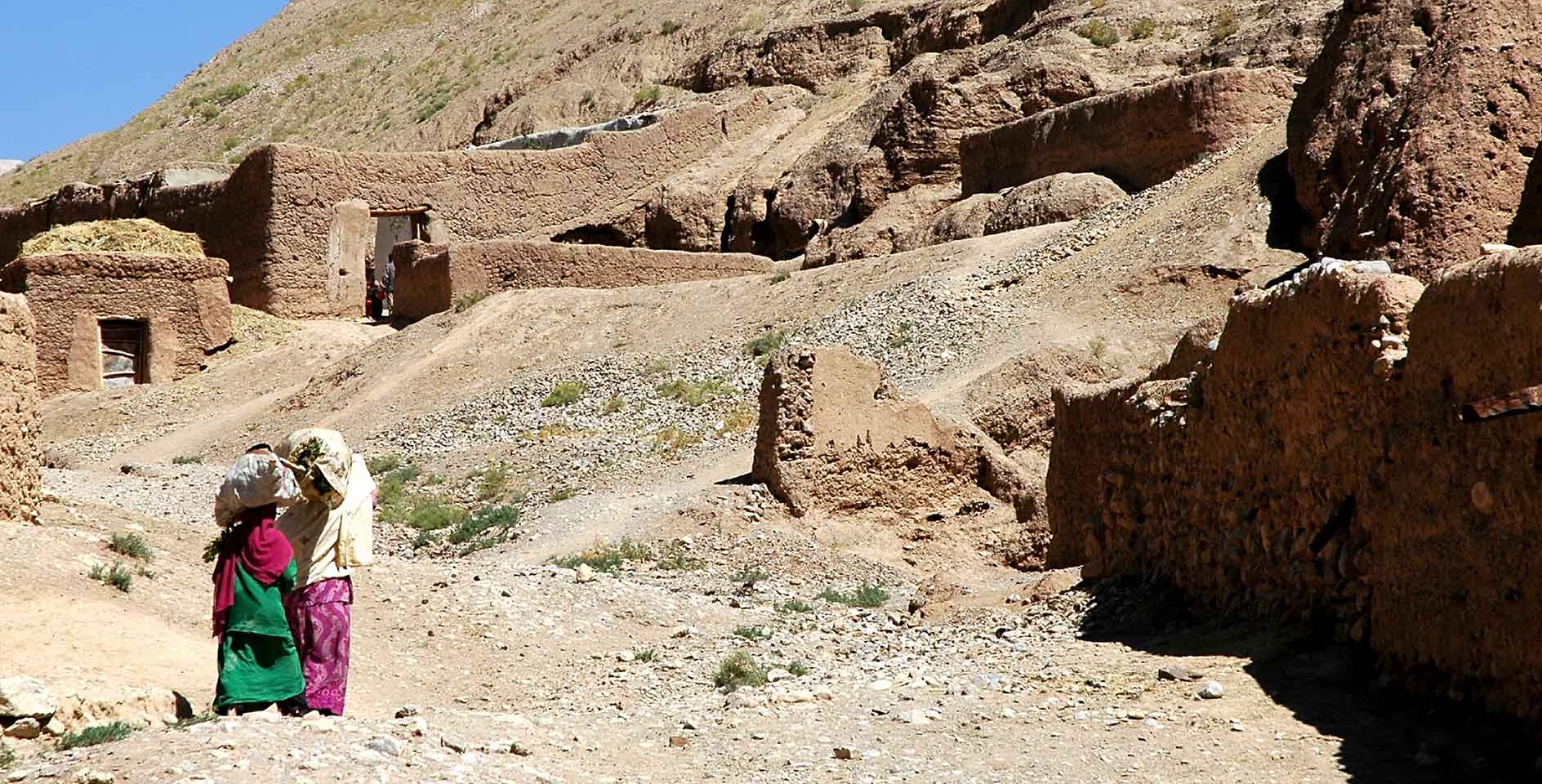What just happened?
China claims Uighurs, Kazakhs, and other Muslim minorities in internment camps are there because they had been “infected” by the “virus” of Islamic radicalism and must be quarantined and cured. That’s one of the findings in a series of leaked papers recently obtained by The New York Times.
The documents reveal how the Communist Party organized mass detentions of Muslims, and how the “re-education” process was communicated to the public. For example, officials in Xinjiang, an autonomous territory in northwest China, were directed to tell people who complained to stay quiet and be grateful for the Communist Party’s help.
The documents also provide instructions about how authorities should respond to students whose family members are in the internment camps. When students ask of their detained relatives, “Did they commit a crime?,” government officials are to respond that they had not, but rather, “It is just that their thinking has been infected by unhealthy thoughts” and that “Freedom is only possible when this ‘virus’ in their thinking is eradicated and they are in good health.”
China did not deny the authenticity of the documents but accused the New York Times of trying to discredit the country’s counterterrorism tactics.
Who are the Uighurs and the Kazakhs?
The Uighurs are a predominantly Muslim ethnic group that is native to the Xinjiang region of China. Approximately 11 million Uighurs live in China. Similarly, the Kazakhs are a predominantly Muslim ethnic group who mainly inhabit the Eurasian sub-continent. Approximately 1.8 million Kazakhs live in China.
Early this year, Chinese authorities were caught collecting DNA from Uighurs. Human rights groups say a comprehensive DNA database could be used to chase down any Uighurs who resist conforming to the government's campaign of “re-education.” The government is also using a secret system of advanced facial recognition technology to track and control the Uighurs, according to The New York Times.
What are the internment camps?
Internment camps are facilities in which large groups of people are imprisoned, usually held without any form of due process.
Since April 2017, China has detained more than one million Muslims in what the Communist Party refers to as “educational training centers.” These religious minorities are being held to indoctrinate them and turn them into loyal, Chinese-speaking supporters of the party.
The Chinese deny the “centers” are internment camps, saying they are “like boarding schools where the students eat and live for free.” But Ambassador Sam Brownback, the U.S. ambassador-at-large for international religious freedom, says, “We need to call these camps what they are; they’re internment camps created to wipe out the cultural and religious identity of minority communities.”
Foreign experts estimate that about a million Uighurs, Kazakhs, and other Muslims are being held against their will in these camps.
Why are these Muslims being detained?
In 2014, Uighur terrorists stabbed more than 150 people at a train station, killing 31. Soon after the attack, in a series of secret speeches, Chinese President Xi Jinping called for an all-out “struggle against terrorism, infiltration and separatism” using the “organs of dictatorship,” and showing “absolutely no mercy.” These speeches were used by officials in Xinjiang to justify rounding up and interning religious and ethnic minorities.
Most of those in the camps are being held without trial or without even being charged with a crime. In March 2019, Brownback said Uyghur Muslims have been detained for arbitrary reasons, “including common religious practices, such as having a beard, wearing a veil, attending services, observing Ramadan, sharing religious writings, or even praying.”
What is ERLC’s position on the Chinese internment camps?
These internment camps are one of the reasons the ERLC implored the U.S. government to prioritize international religious freedom in all aspects of its foreign policy with China and to counter China’s moral and human rights narrative.









